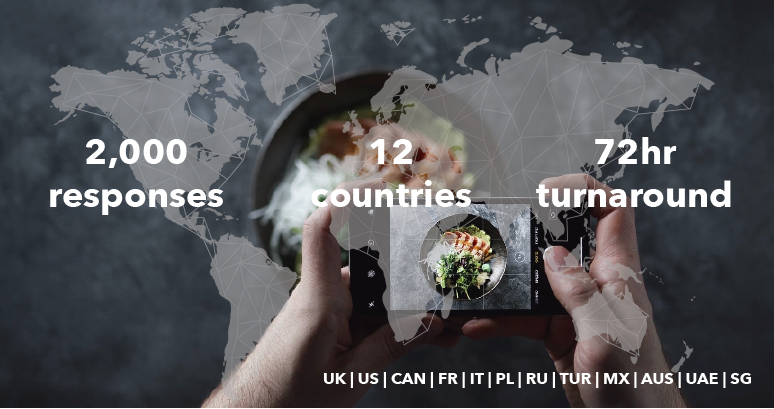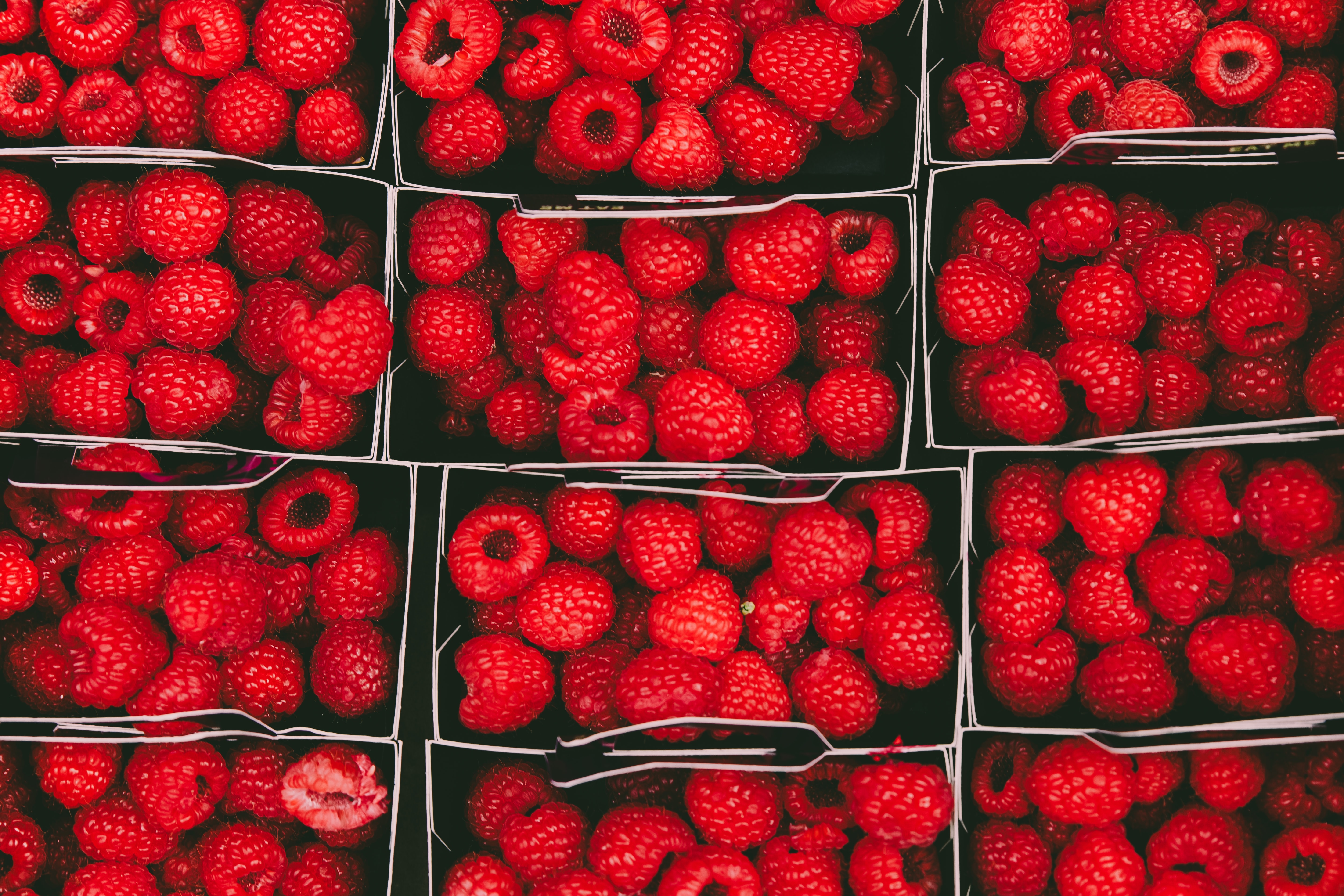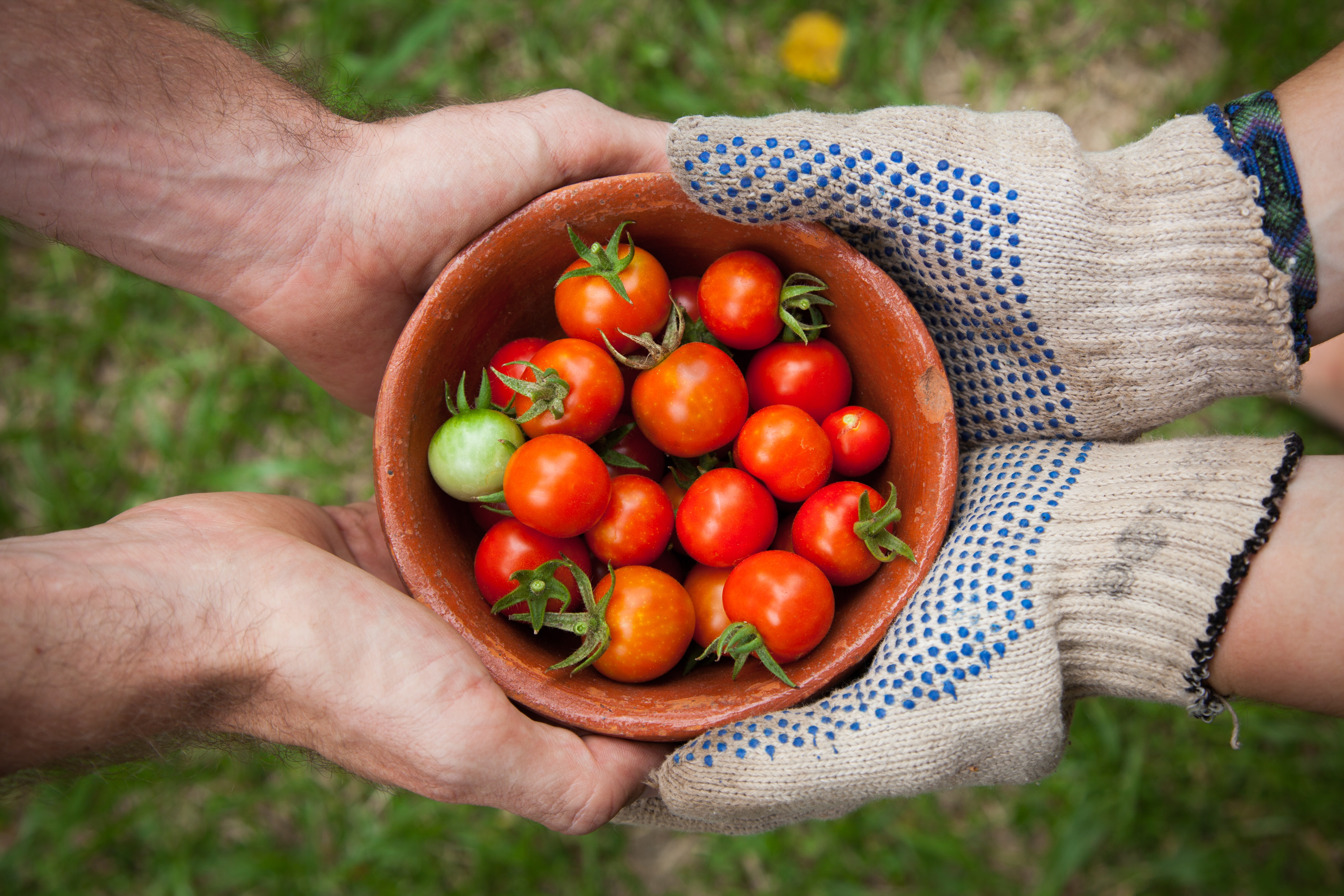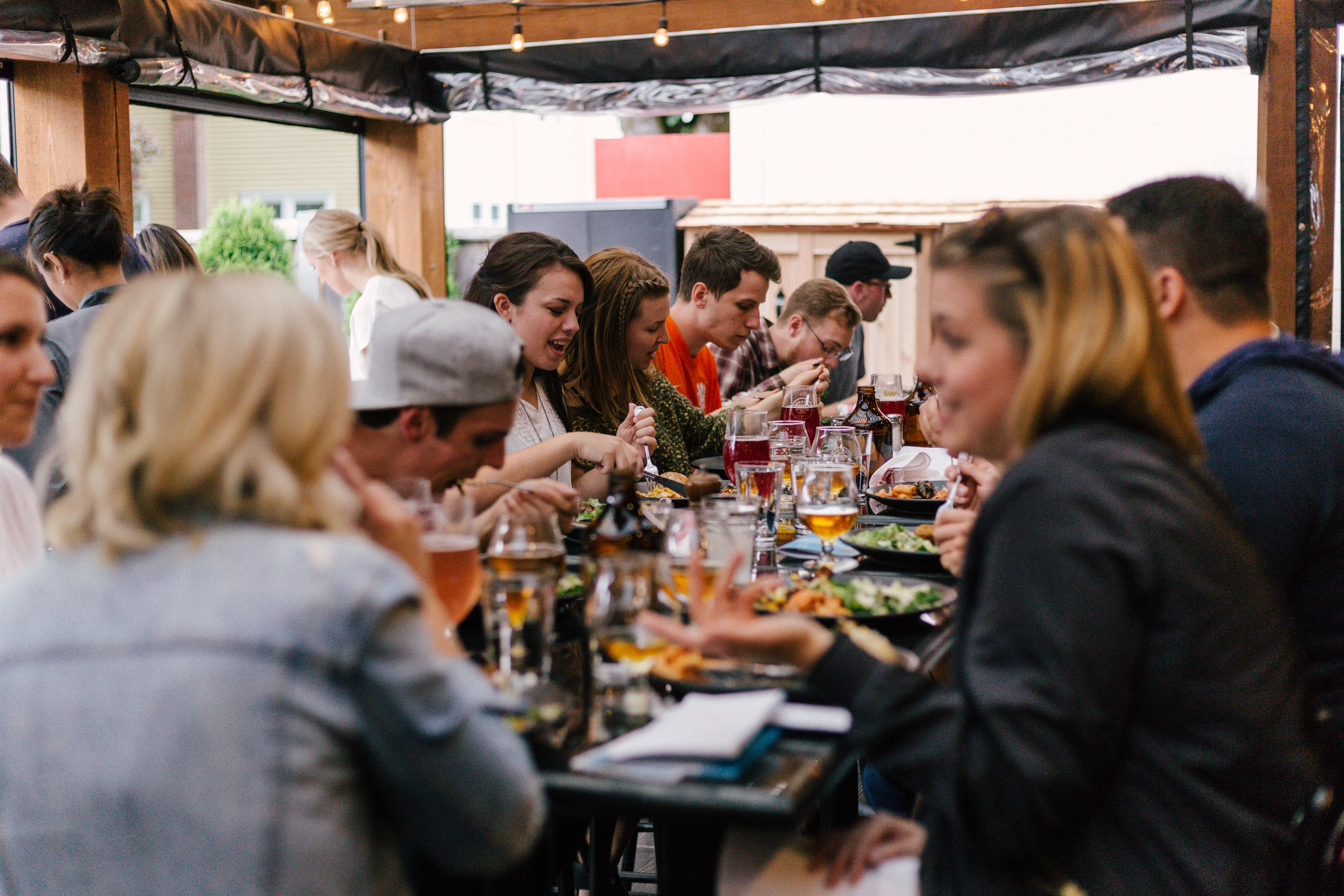From a bigger focus on health to cutting back on spend, COVID-19 has had a dramatic impact on how we approach food. For millions around the world, it’s changed how shop for, plan and eat our daily meals and transformed our attitudes to eating out.
As we continue to emerge from a world rocked by coronavirus, we asked our global consumer community about the changes in attitudes and behaviours they’ve observed over the last six months when it comes to food. From our responses, we’ve identified seven global food trends that are having real global impact in the wake of COVID-19 – plus a five-step brand tool-kit telling you how your brand or organisation can react.

Keeping it local
Shopping local has been gaining momentum over the last few years and it’s only getting bigger in the wake of the coronavirus. With our global markets reporting over 70% participation in more locally-sourced food shopping, it’s clear that buying local is a major priority post covid. Pre-pandemic, the key rationale around going local was a focus on sustainability, food miles and ethics. While these factors remain important, the impact of COVID-19 has shifted motivations slightly: shopping locally is considered cheaper, when more and more of us are cutting back; it supports local economies in a time of economic upheaval and increased community spirit; and is healthier at a time when people are more focused on boosting immunity. All these factors featured heavily in our study.
“... Due to the current pandemic I have chosen to support the local economy and buy in new and small businesses.”
Bulbshare user, 21 🇲🇽
“The most popular dietary trends in my country are the local food trends because they are known to genuinely have their source and know their ingredients...”
Bulbshare user, 30 🇸🇦

Zero waste
Linked to similar motives around sustainability that have inspired our local shopping trend, we have also observed a significant move towards zero waste. For example, Brazil reported over 85% participation in zero-waste food shopping and over 64% of Malaysians emphasised greater sustainability in their weekly shop. While this has been a growing trend in recent years, we have seen an increased awareness of the environment impact of food post lockdown, as people have been cooking more from scratch, travelling and eating out less and considering the positive environmental impact of this.
“I think since COVID-19, people have been very careful in how much waste they are making and impacting the planet.”
Bulbshare user, 58 🇬🇧
“More rational food shopping, trying to throw away as little as possible, buying food from local suppliers.”
Bulbshare user, 30 🇵🇱
Veganism, veggi, flexi
While vegan, veggi and flexi diets have been on the rise in recent years, we’ve definitely seen a spike in a move towards plant-based eating as a result of covid. This can be put down to an increased focus on health combined with more time spent cooking at home and, consequently, a move towards trying out new dishes and new diets. Our consumer survey reported 55% of UK respondents using meat substitutes post covid, and 57% of Malaysians replacing dairy products.
“I think that what is happening is making us realise the importance of including vegetables and fruits in our diet - since they help our immune system...”
Bulbshare user, 29 🇲🇽
“I like to experiment in the kitchen in the form of substitutes for some products. For example, instead of meat, soy chops (daughter likes them more than normal meat chops).”
Bulbshare user, 35 🇵🇱
From the garden to the table
Gardening and growing at home are officially booming! As the pandemic has forced many people indoors and anxieties remain high around going into public for fear of close contact, many of our digital customer communities have been growing their own food at home. And why not? It’s good for you – physically, mentally, AND financially. Growing your own is a trend we see becoming increasingly prevalent in 2021. Watch this space for a follow-up piece exploring the home-grown phenomenon…
“Britain has always had a strong farming community. In my family we have always tried to grow our own food and so even though I don't have a garden I have been part of the window box vegetables trend.”
Bulbshare user, 34 🇬🇧
“Certainly fruits and vegetables [from] your garden; preserves created by yourself.”
Bulbshare user, 36 🇵🇱

The hottest new restaurant: Your dining room
With restaurants having been shut down and/or operating capacities greatly curbed (along with fear of infection keeping people away), our digital research community has been cooking and eating more at home than ever before. Health, fear and financial anxieties have meant more and more people are replacing the restaurant with more elaborate home dining, utilising online recipes and food sites and bringing debonaire dining into the home.
“Due to COVID-19, most people have to spend more time at home. For me this means more time cooking and less time dining out..."
Bulbshare user, 26 🇲🇾
“I do fear that the restaurant industry may not be able to recover, partly because they were closed and could not survive, and partly because people have changed their eating habits over the last few months and they may stick to it. I think a lot of people realized how much money they saved eating at home, and people will eat out less in the future.”
Bulbshare user, 40 🇬🇧
Back to the basics (of ingredients)
Our customer survey communities have reported a heavy emphasis on going back to basics when it comes to food. Simple, healthy and natural ingredients are at the top of the foodie agenda for our community – with a notable rejection of anything considered processed and heavily synthetic. Preservatives, e-numbers and ‘hidden nasties’ were mentioned time and time again by our community and saturated fats and high sugar levels were top of the list of things to be avoided.
“I pay more attention to the products I buy in stores now. I try to choose wholesome products with fiber, protein and vitamins - limiting pork and other red meats. More organic and bio products that aren't processed..."
Bulbshare user, 49 🇵🇱
“Since lockdown, I've also tried to reduce the amount of sugar, additives and preservatives, cooking at home from scratch with locally grown foods.”
Bulbshare user, 34 🇬🇧
Disease Defence!
Boosting immunity and disease defence is high on the agenda when it comes to food shopping – being mentioned heavily in our open text responses. With not just health but ‘avoiding sickness’ being a high priority, our global respondents indicated a strong desire to eat foods with the intention of increasing their bodies’ natural defences against viruses and illness.
“I think this pandemic helped us realise how poorly fed we were because as a result of this, consumption has changed to healthier products that strengthen the immune system to face any disease...”
Bulbshare user, 46 🇲🇽
“COVID-19 makes most of us aware of the importance of 'food care' for a healthy body and avoiding dangerous diseases.”
Bulbshare user, 28 🇲🇾
Brand tool-kit
- Invest in sustainability. COVID-19 has seen an increased focus on sustainability and the impact of farming, shopping and travel on the environment. Our community demands that brands are demonstrating sustainable farming processes and ethical, environmentally-friendly sourcing. ‘Conscious consumerism’ is at the heart of our Bulbsharers’ outlook and they expect brands to be the same.
- Minimise waste. From packaging to the products themselves, consumers are looking to cut out waste wherever possible. Any packaging innovations that cut back on waste – particularly plastic – will be sure to engage shoppers and draw people to your brand.
- Go local. Our post covid consumers are more focused on supporting local communities than ever before. It’s time to reduce your food miles by using local producers. Brands that shout about the local farmers and producers they invest in will gain traction with post covid consumers who are also growing their own, sourcing local and looking to reduce their carbon footprint.
- Focus on health. Our global customer advocacy community has made it clear that health is more important than ever post covid. Be it boosting immunity or disease defense or just keeping things 100% natural, health messages on food packages will be more critical over the coming months.
- Be aware of tightening budgets. People all over the world are continuing to cut back in the wake of growing financial uncertainty, and brands must be sensitive to this. Messaging around simple, honest value will be key, as shoppers connect to brands that understand that many of us are facing challenging times.

